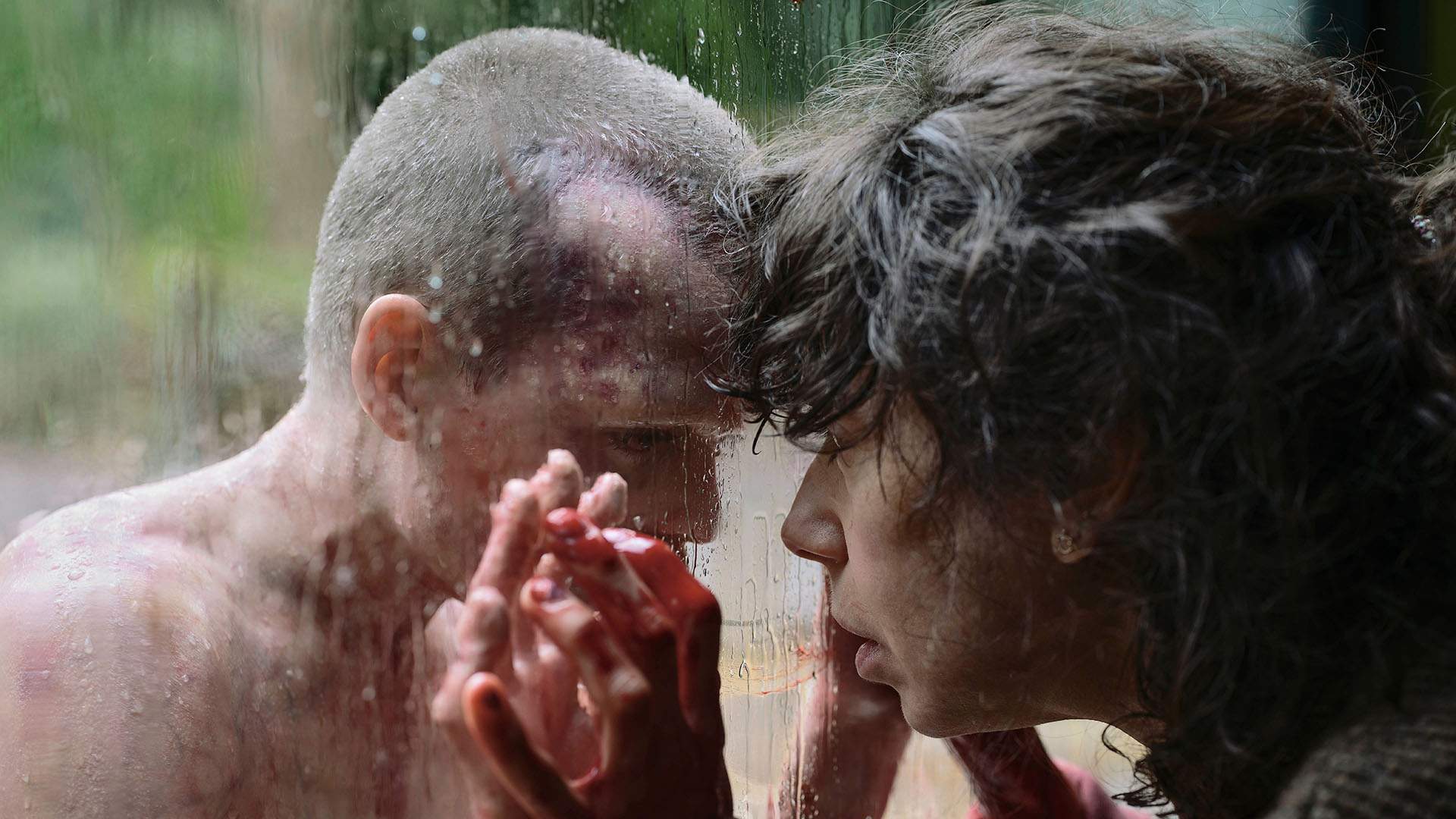Raising 2020s-Era Australian Horror to Great Heights Not Once But Twice: Danny and Michael Philippou Talk 'Bring Her Back'
'Talk to Me' cemented these YouTubers-turned-feature filmmakers as new directing talents to watch — and now they've whipped up a second exceptional horror film about loss and mortality.
Two entries into their feature filmmaking career, there's no such thing as a bad horror movie from Danny and Michael Philippou. Talk to Me was a smash in every way possible: at festivals, with audiences, at the box office, with awards bodies and at introducing not just Australia but the world to a pair of potent new voices in the genre. With absolutely sign of second-film syndrome creeping in, the Adelaide-born twins' sophomore flick Bring Her Back is also an instant unease-dripping cinema great. While a Talk to Me sequel is also in the works, Danny and Michael have detoured into a different reckoning with loss and death first. And, where their debut movie featured Miranda Otto (The Lord of the Rings: The War of the Rohirrim) as its big name, their second enlists two-time Oscar-nominee (for Blue Jasmine and The Shape of Water) Sally Hawkins.
There's also no such thing as a dull conversation with the Philippou brothers, either. When Concrete Playground had a date to discuss Talk to Me with them back in 2023, Danny was apologetic that Michael was unexpectedly AWOL — and he was also bubbling with joking ribbing. This time, both siblings are present and keen to natter, but Danny has lost his voice. "Too much excitement. Too much screaming," he advises. It doesn't stop him from engaging enthusiastically and energetically, although that's always this duo's vibe. The brotherly teasing remains as well.
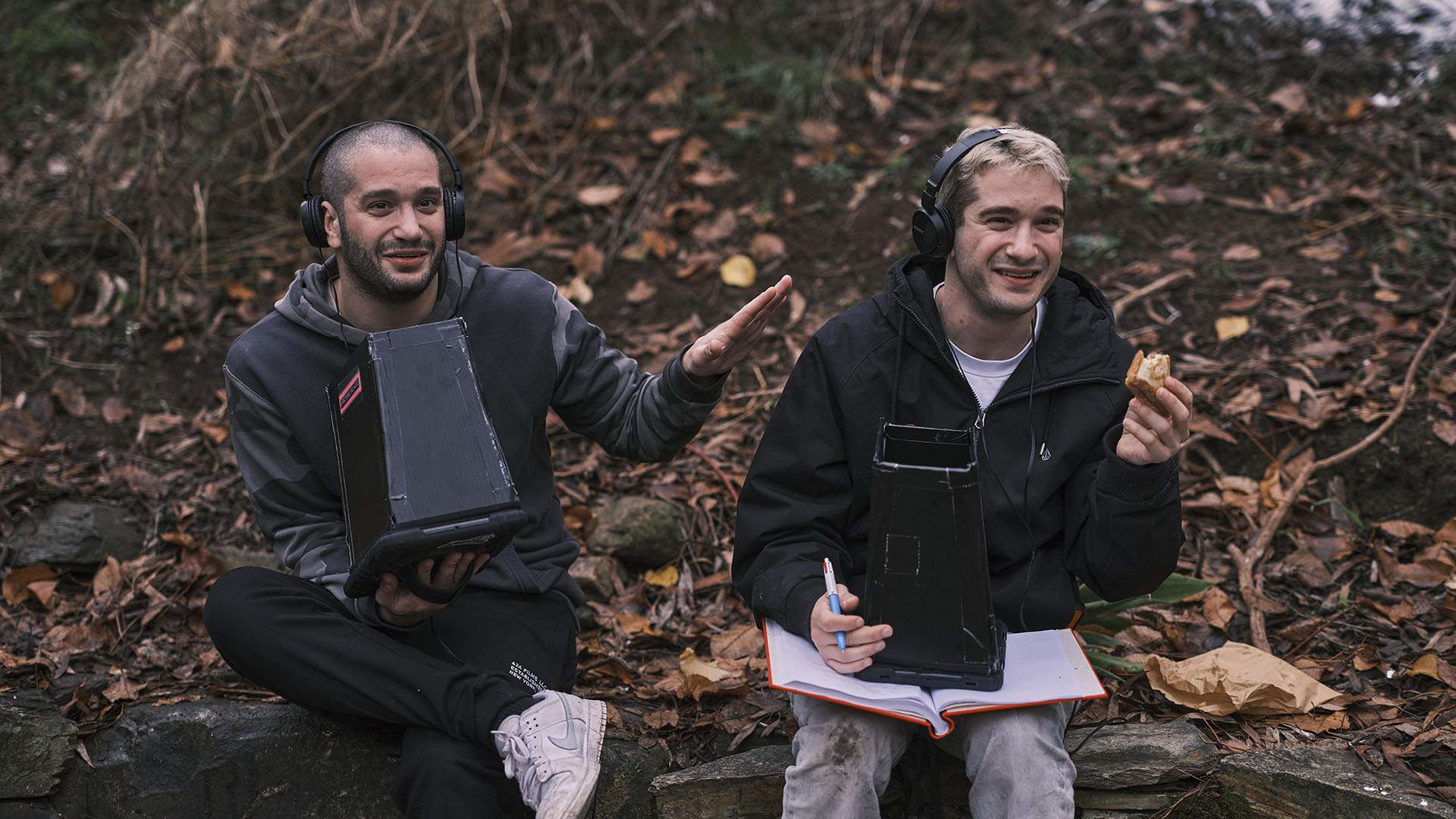
They've been dubbed "horror twins" more than once since they've made the leap from RackaRacka's viral YouTube videos to worldwide movie stardom — and while that's a term that normally brings on-screen characters like the Grady girls from The Shining to mind, rather than filmmakers, Danny and Michael can get onboard with it. "I'll embrace the term," says Michael, after first pondering whether it means that he and his brother are horrific. "Horror twins, we're all for it," adds Danny. If the label "horror siblings" was being used instead, it could also apply to key figures in both of their features so far, however. Bring Her Back's version: 17-year-old Andy (Billy Barratt, Invasion) and his younger sister Piper (first-timer Sora Wong), who has a visual impairment.
Grief haunts this film from the outset, as Andy and Piper find themselves grappling with a tragedy and in need of a foster home, albeit ideally just for the three months until the former turns 18 and can obtain guardianship for the latter. Enter Hawkins as Laura, who has lost a daughter, and now welcomes orphaned children into her suburban house with an empty pool and an ominous circle surrounding the property. Enter Oliver (Jonah Wren Phillips, How to Make Gravy), the withdrawn, non-verbal boy already in her care, too. For Andy, Piper and viewers alike, Bring Her Back then plunges into an atmosphere of festering stress — and an environment within the storyline where anxiety and unshakeable mourning radiates from Laura, Oliver unsettles with just a stare and his presence, both siblings mightn't be equally wanted and not all motives are altruistic.
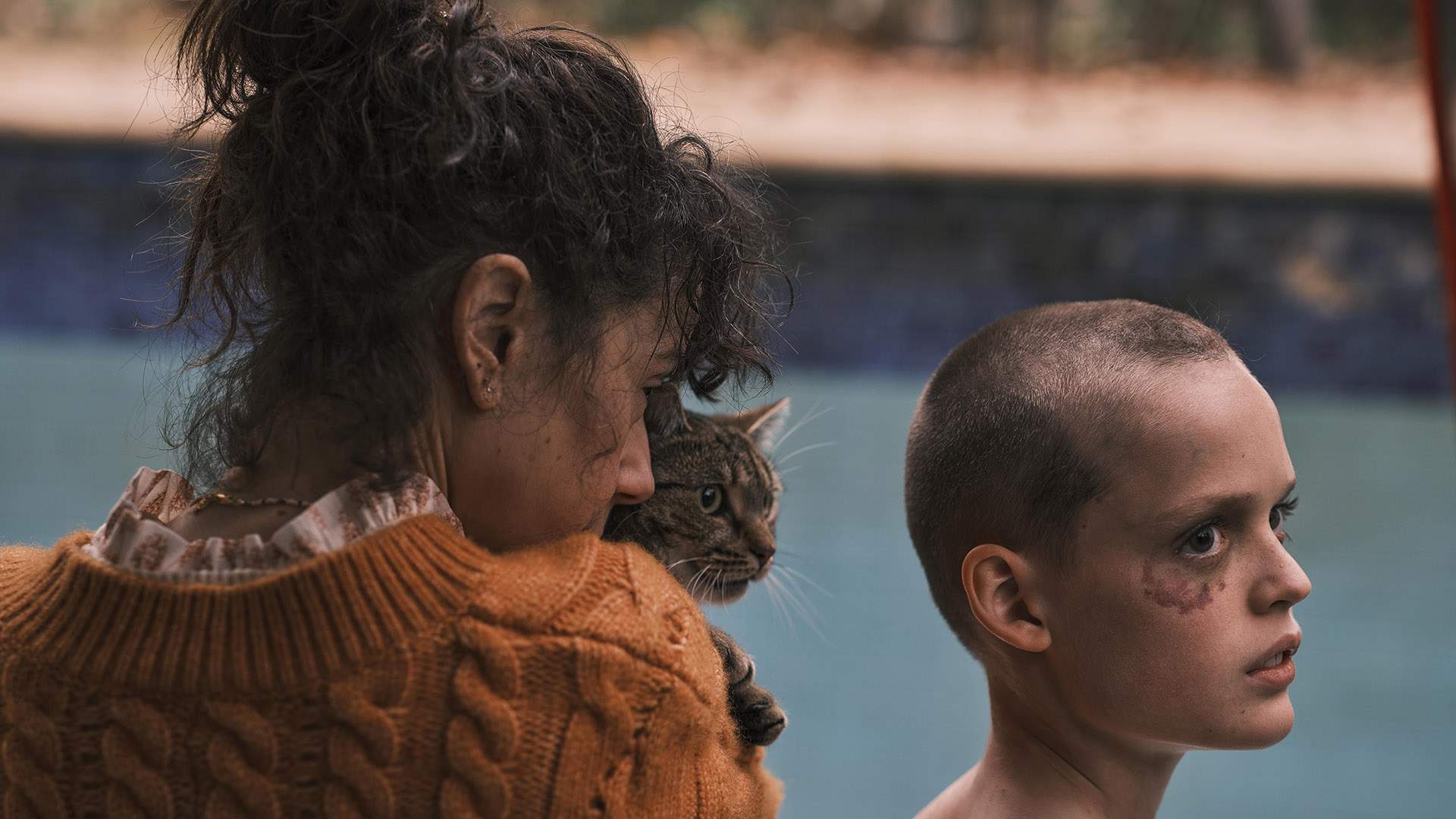
Talk to Me confronted the end that awaits us all via personal loss as well — and embraced the yearning to hold onto loved ones now gone through a severed embalmed hand that, when grasped by the living, acted as a conduit to those who've shuffled off this mortal coil. There's no lopped-off appendage acting as a beyond-the-void communication device in Bring Her Back; however, the Philippous are proving themselves experts in dealing with familiar and frequently explored horror-movie themes firmly in their own ways, and also in new fashions each time. Beating, needling and piercing at the heart of both of their films to date is a truth that everyone knows in their gut but rarely vocalises: that losing someone means never being okay, or at least the same, ever again.
Bring Her Back is another stellar feature from the co-director pair, with Danny penning their screenplays with co-scribe Bill Hinzman, that boasts a strong emotional core, then — and with thoughtfully written, resonant and relatable characters, even when they're making dread-inducing and disquieting choices. The Philippous' second film is also blessed with a phenomenal turn from a giving-her-all Hawkins, who certainly didn't navigate the same terrain when she was portraying Mrs Brown and taking in Paddington in that franchise's first two movies. One more Bring Her Back feat: it'll ensure that no one ever looks at kitchen knives and perhaps their own limbs in the same way again, while lingering in everyone's mind whenever diving into coping with grief and complicated families fuels any other future movie.
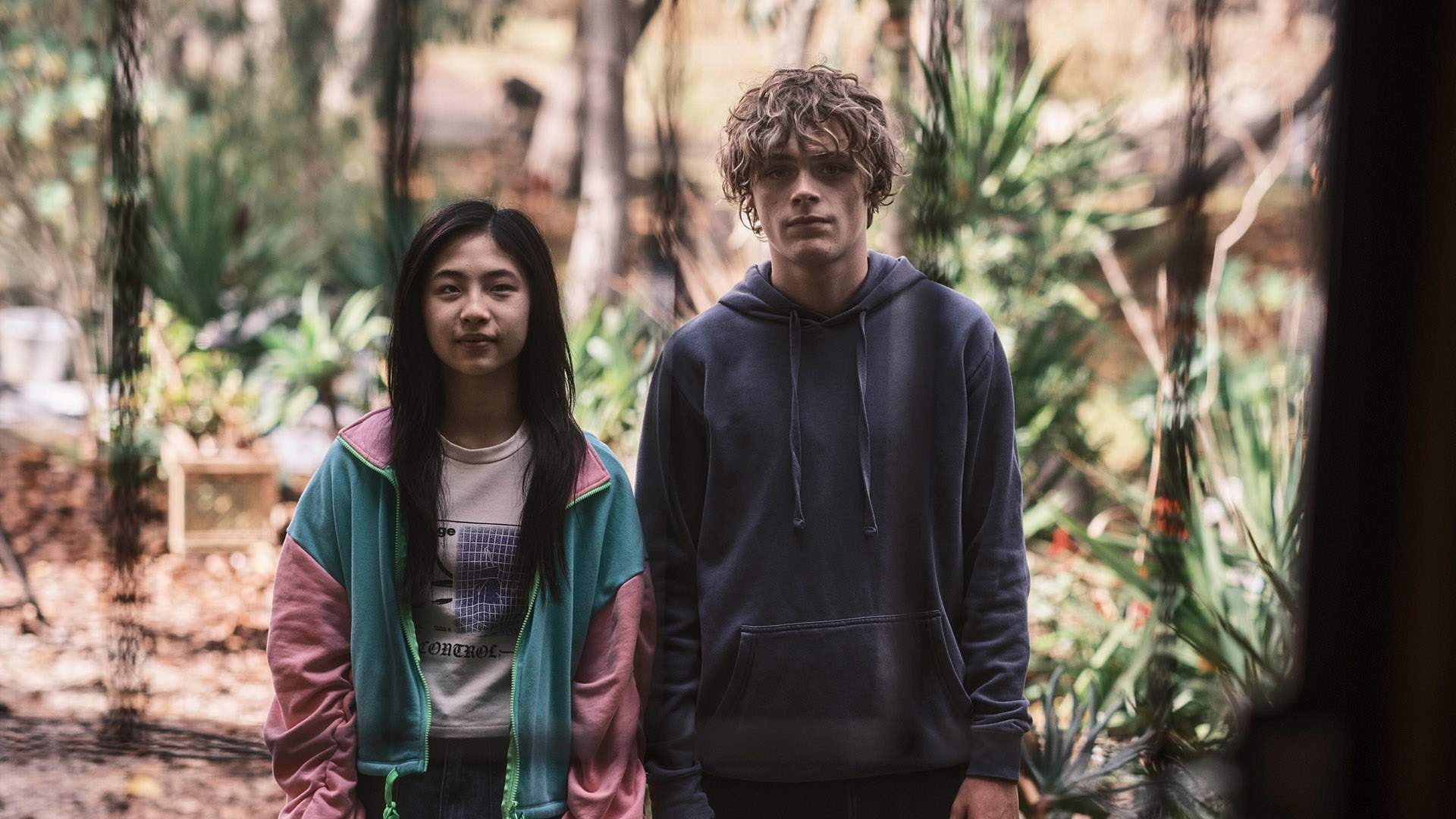
When it gets gory — and it does — this is a film that audiences react to audibly. "We don't want them to faint," says Danny. "If you're prone to fainting, bring a pillow. Gasps are good, but please don't faint," adds Michael. "We apologise to the fainters," Danny pipes back in. As they both explain, they also found Bring Her Back affecting to direct, something that they mostly agree didn't really happen in their RackaRacka days. Cue the brotherly riffing again: "actually, Michael, we once set off a bomb and a stick got lodged into Michael's cheek. I thought I saw some tears from his loser," says Danny; "they were tears of joy," is Michael's reply.
After Talk to Me exploded with such success, they were still committed to making Bring Her Back at home in Adelaide — and to original horror. Why? That was also part of our discussion. Plus, among other topics, Danny and Michael chatted with us about how the feature's origin story also involves being inspired by a friend's little sister, plus classic films like What Ever Happened to Baby Jane?; getting Hawkins onboard and then not wanting to let her down; and the pride that comes with being a prime example of how online videos are sparking a new generation of filmmakers, just as video stores in the 80s and 90s did.

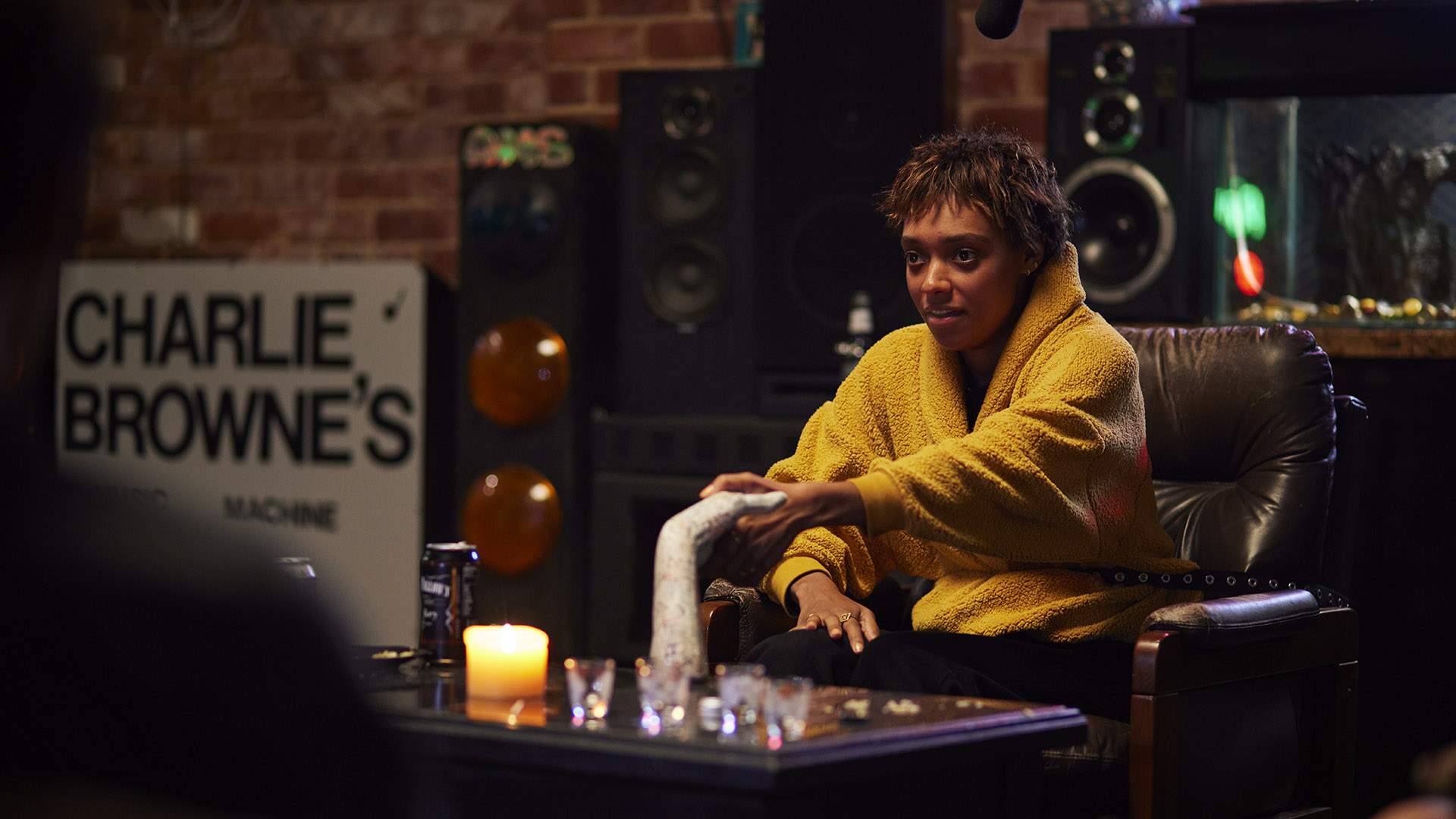
On How Talk to Me's Massive Success Helped Lead to Bring Her Back
Danny: "It was like we had to sign on for the next project straight away, because I could feel the anxiety overtaking my body — and if we didn't sign up for something, I felt like I would have never made another movie again. Because you overthink it, and you're overshadowed by things. And if you're just making something, you can't think about it, you just have to do it.
So yeah, that was part of the thing with Bring Her Back — like, let's just sign on. Let's start the process."
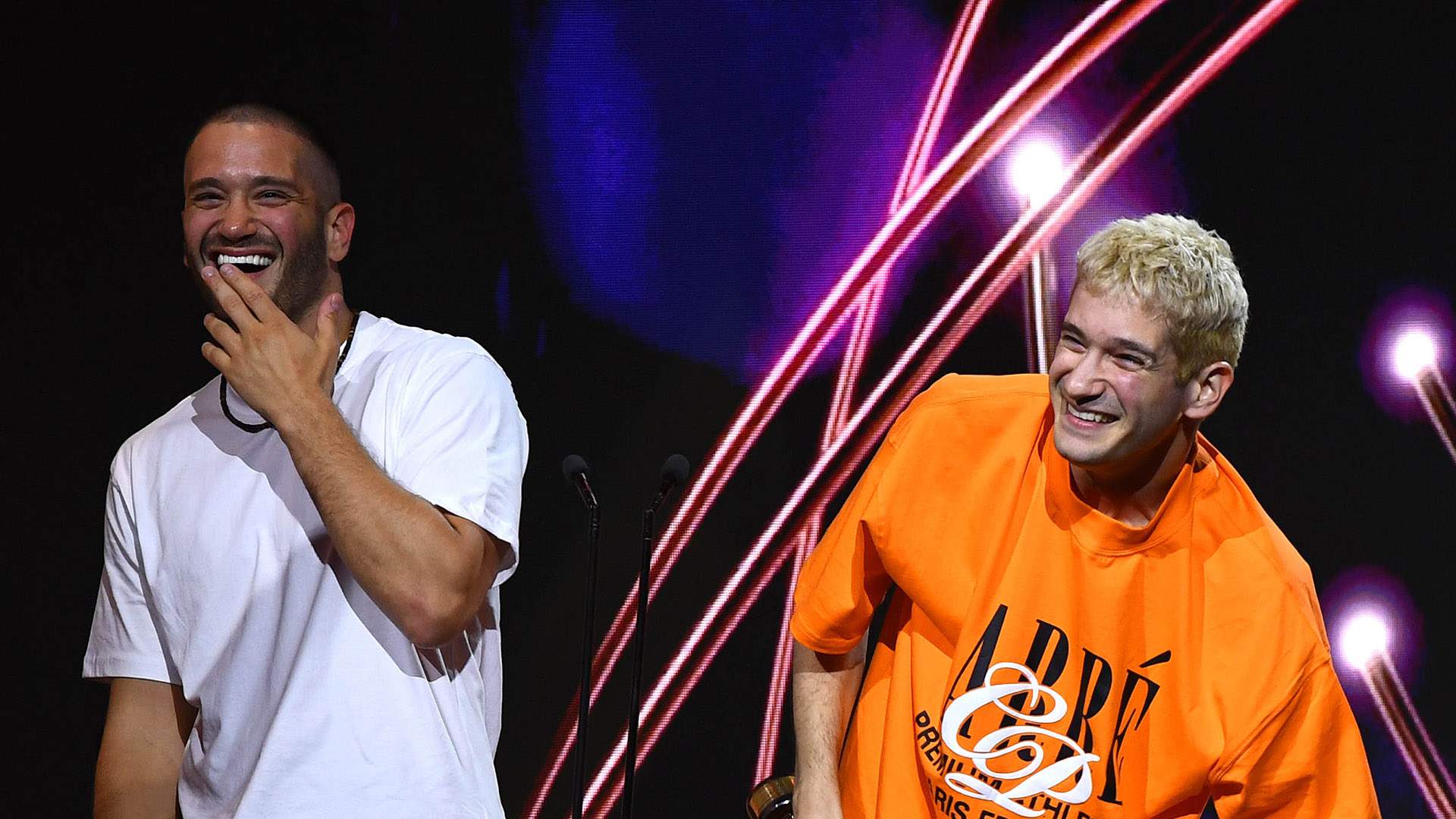
Jono Searle/Getty Images for AFI
Michael: "It was being developed at the same time as Talk to Me. So it was a script that was already kind of almost ready to go."
Danny: "It was bubbling away."
Michael: "It was bubbling away in background."
Danny: "It was bubbling away."

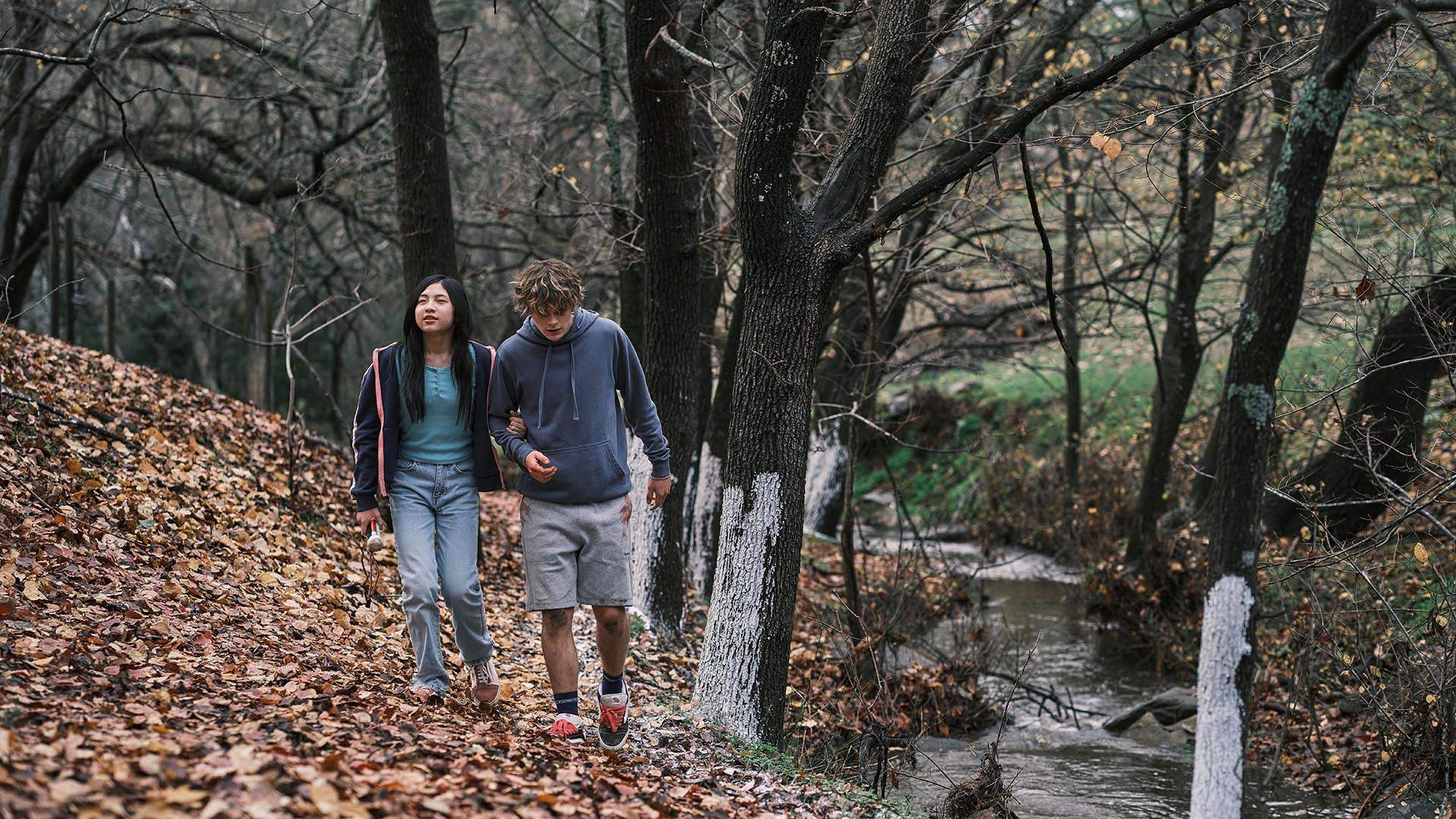
On Drawing Upon Real-Life People, Classic Films and Personal Experiences to Build Bring Her Back — and Realising When These Pieces Were All Fitting Together
Danny: "I think it's once we found some of those ending beats. And once you really solidify those things, building up to that is so much easier when you know where you're going — because a big part of the writing process is just putting together scenes and ideas and moments. And there's no real road map.
But once you have a final destination, that's where you're like 'oh gosh, this is really powerful. This sort of speaks to everything that we've been writing'.
And the build up to that just felt like, yeah, it was solid."

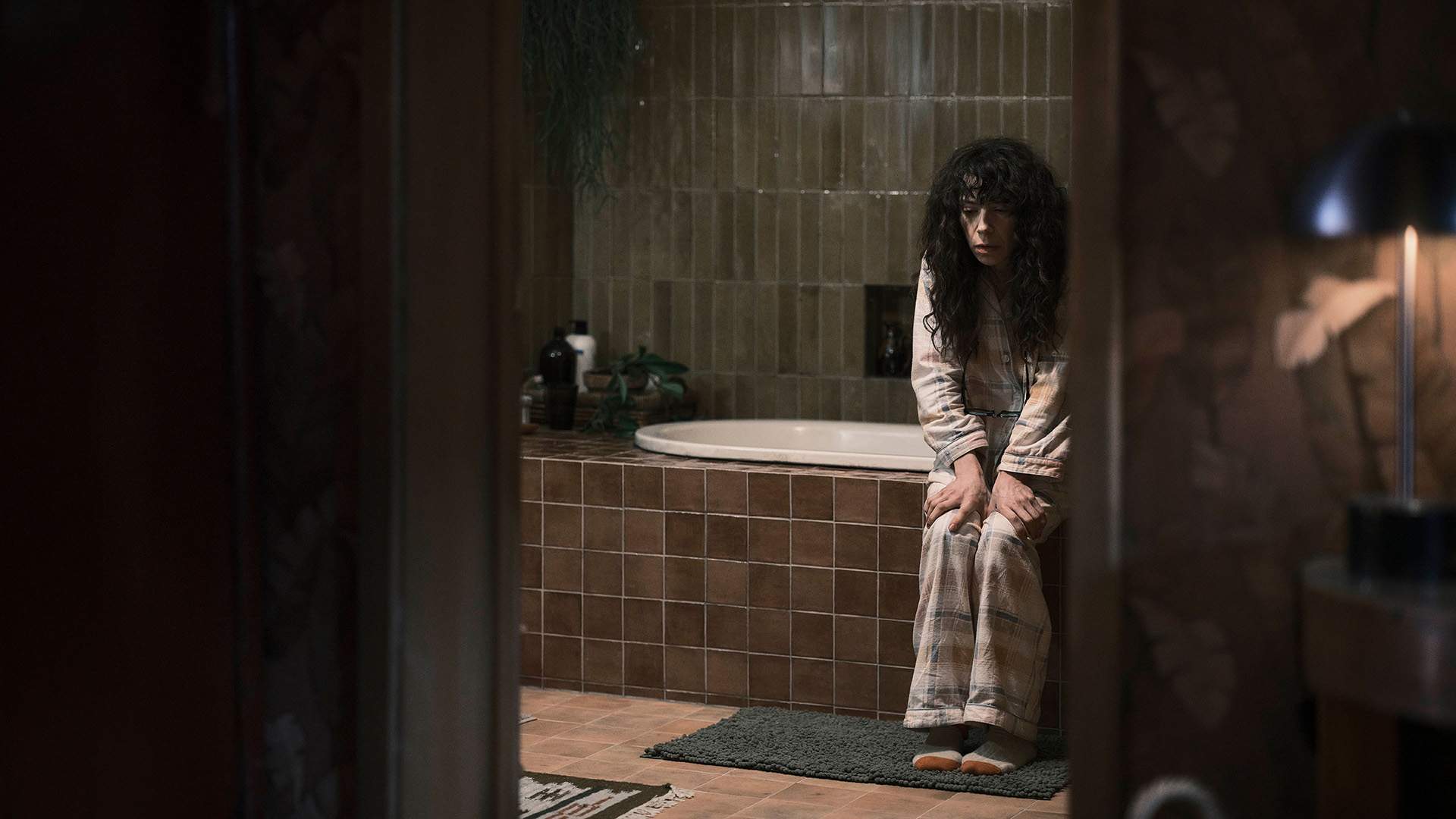
On Finding New Ways Into Interrogating Grief and Death, Two Frequently Explored Horror Themes
Danny: "It's still something that we haven't fully expressed yet. And naturally when you're writing, you're writing about things that have happened to you or are happening to you in that moment, and it didn't feel like we fully explored that subject yet.
And we couldn't go into it thinking 'there's been all these films about grief already, we can't make another one'. We just had to make sure it was personal to us, and it was drawing from our own experiences, so that way it could feel more unique.
We can't go into it overthinking what people are going to think or how it's going to be received. You just have to make something that's true to you."

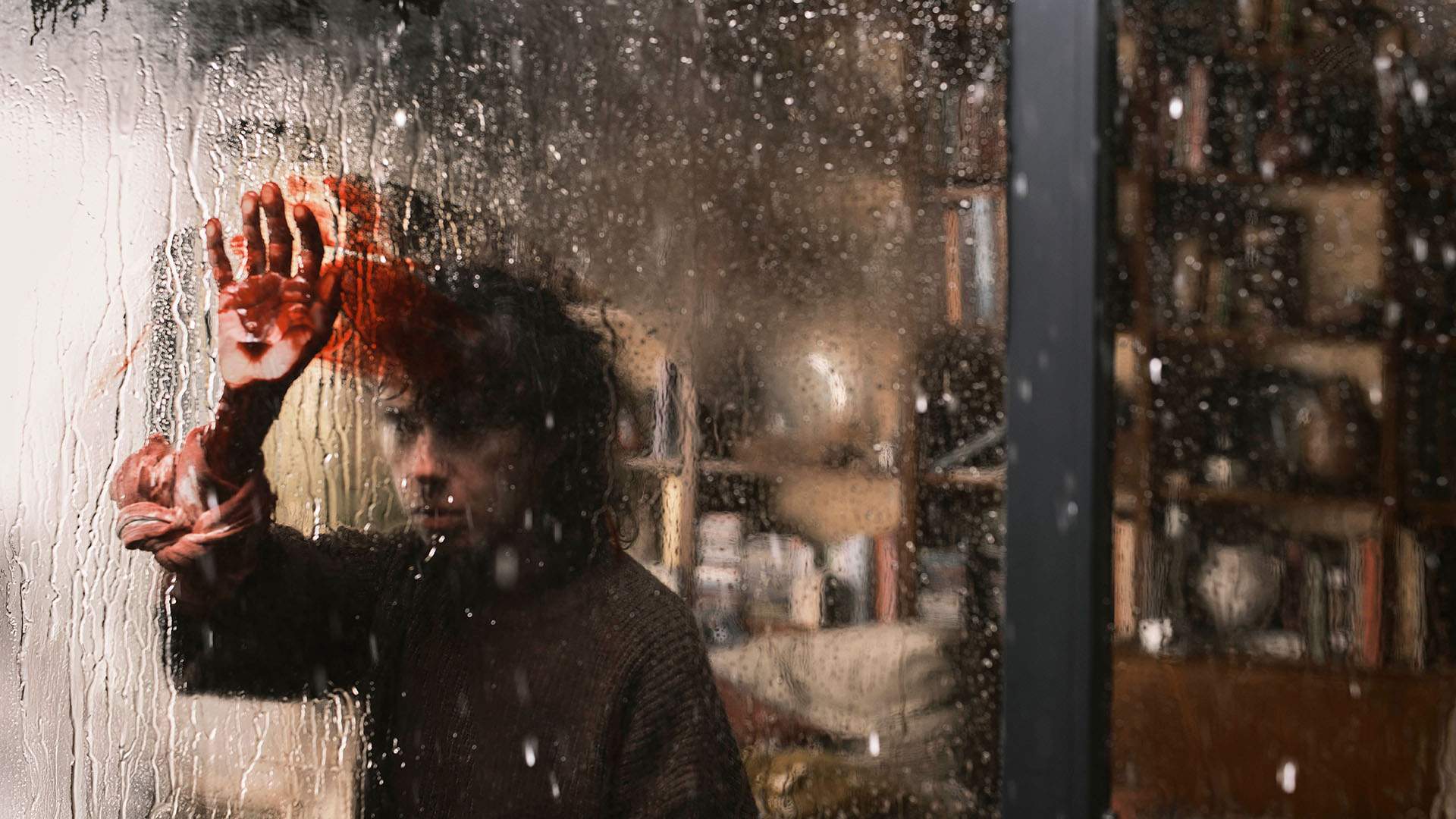
On Tapping Into the Truth That Losing Someone Never Means Being Okay — or At Least Never Being the Same Again
Danny: "It was weird because we had a loss at the start of pre-production, and the film became our way of dealing with it and figuring that stuff out. And the script changed because of it. And there was a scene in the pool shed towards the end of the movie where it felt like we were saying goodbye to somebody, and it was directed through tears.
So it was never a strategised thing. It was just something we were dealing with and expressing."
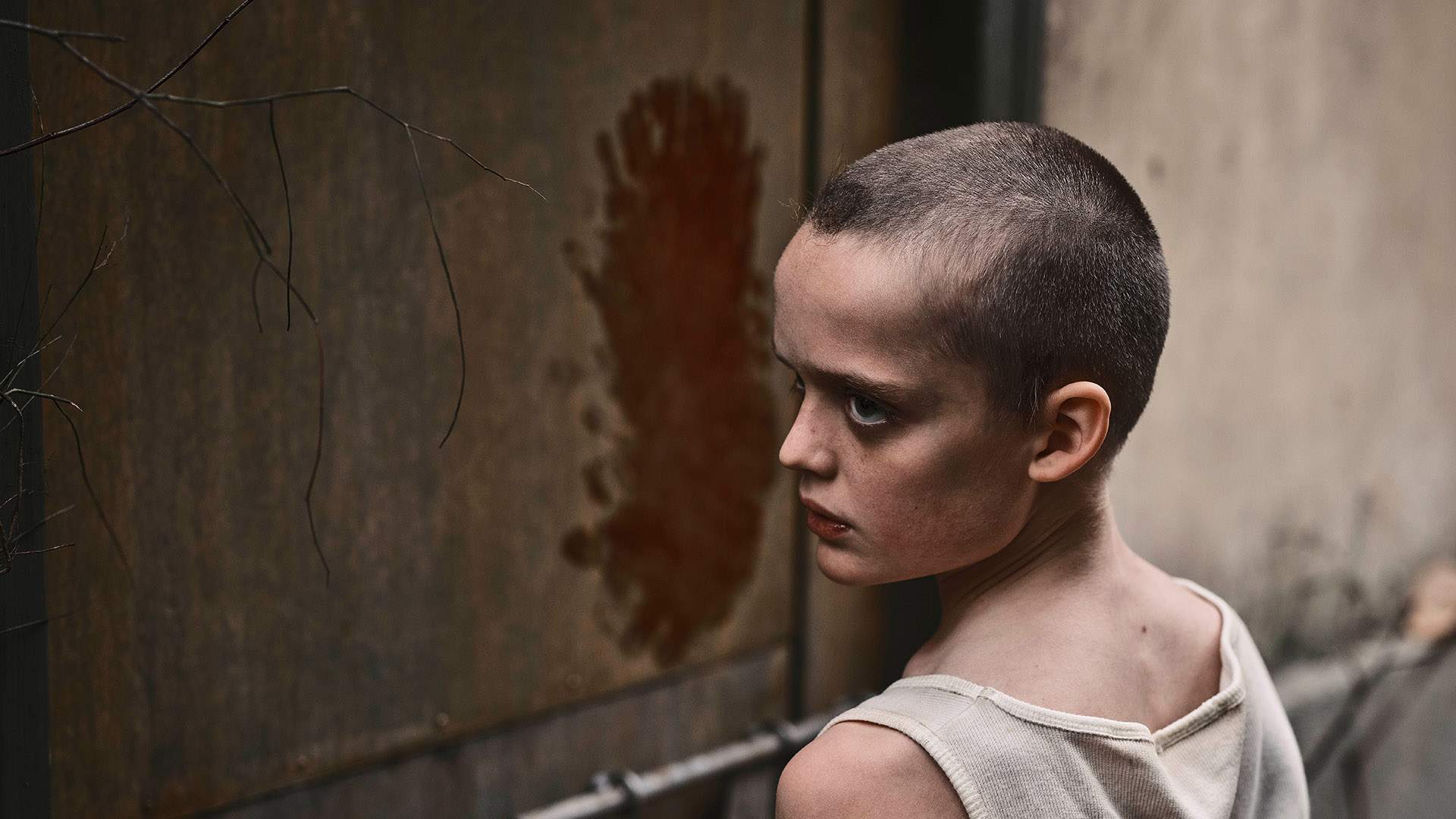
Michael: "Yeah, some of the scenes are supposed to be horror. And then they turned out sad. I've never cried before directing, but I did in that scene."
Danny: "Yeah, yeah. And my co-writer, when he saw the film, he's like 'what? What movie is this? What? What is this? We didn't write this'. And I was like 'we were just responding to what was happening, so it changed'."

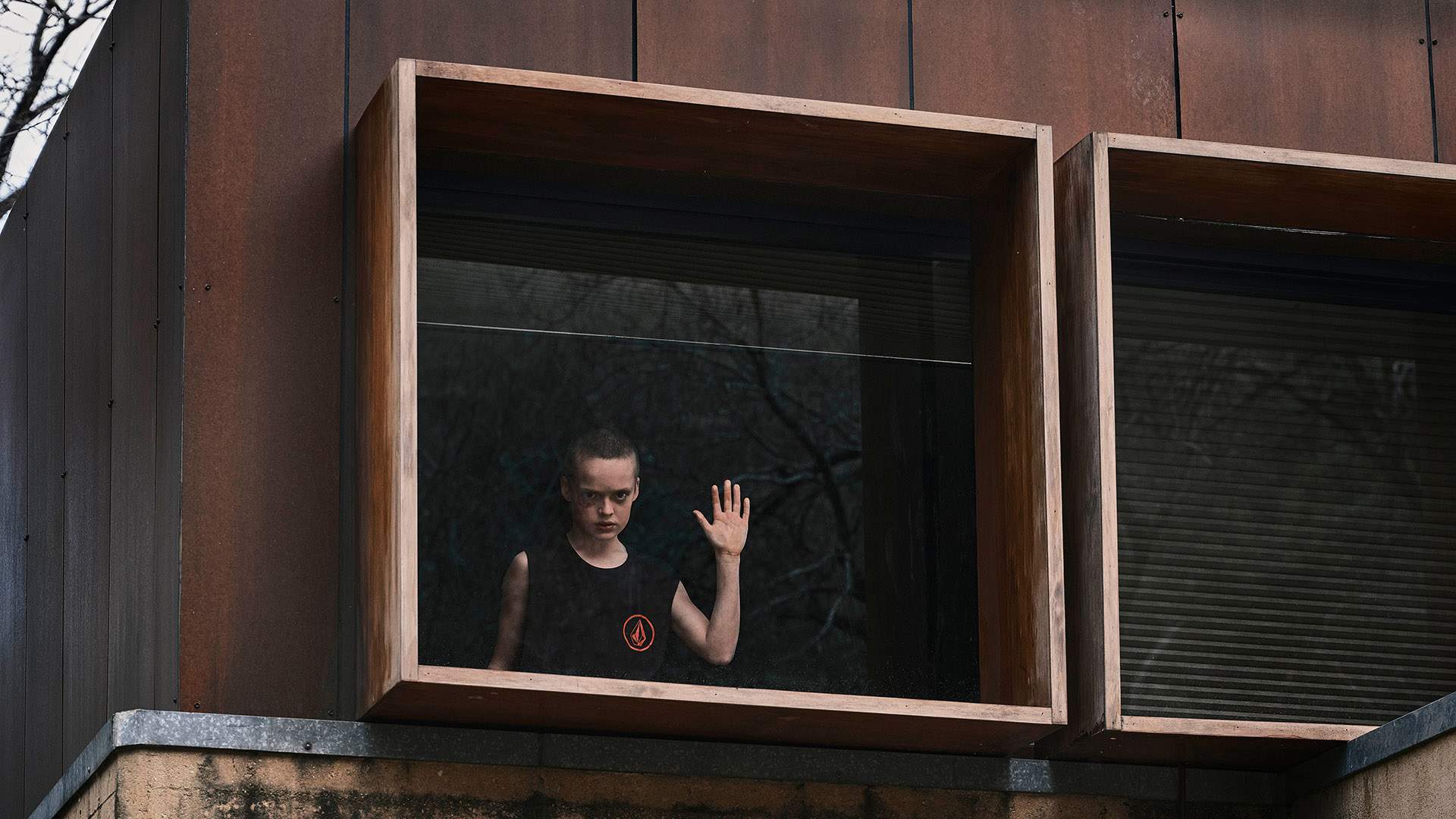
On Never Being Afraid of Horror Tropes, But Always Grounding Them in Character
Danny: "There's something exciting about existing within the horror tropes. And some people deny that they're making a horror film. We do try to work it at a drama level and have it work as a horror film, too, but we're not afraid of those tropes — and embracing those tropes. And then doing your own spin on those tropes is always a fun thing.
It's always about grounding it with our characters and in this place. And there's something about having the Australianisms of some of those moments and those beats, I think, that automatically puts it in a different lens from other films, if that makes sense."

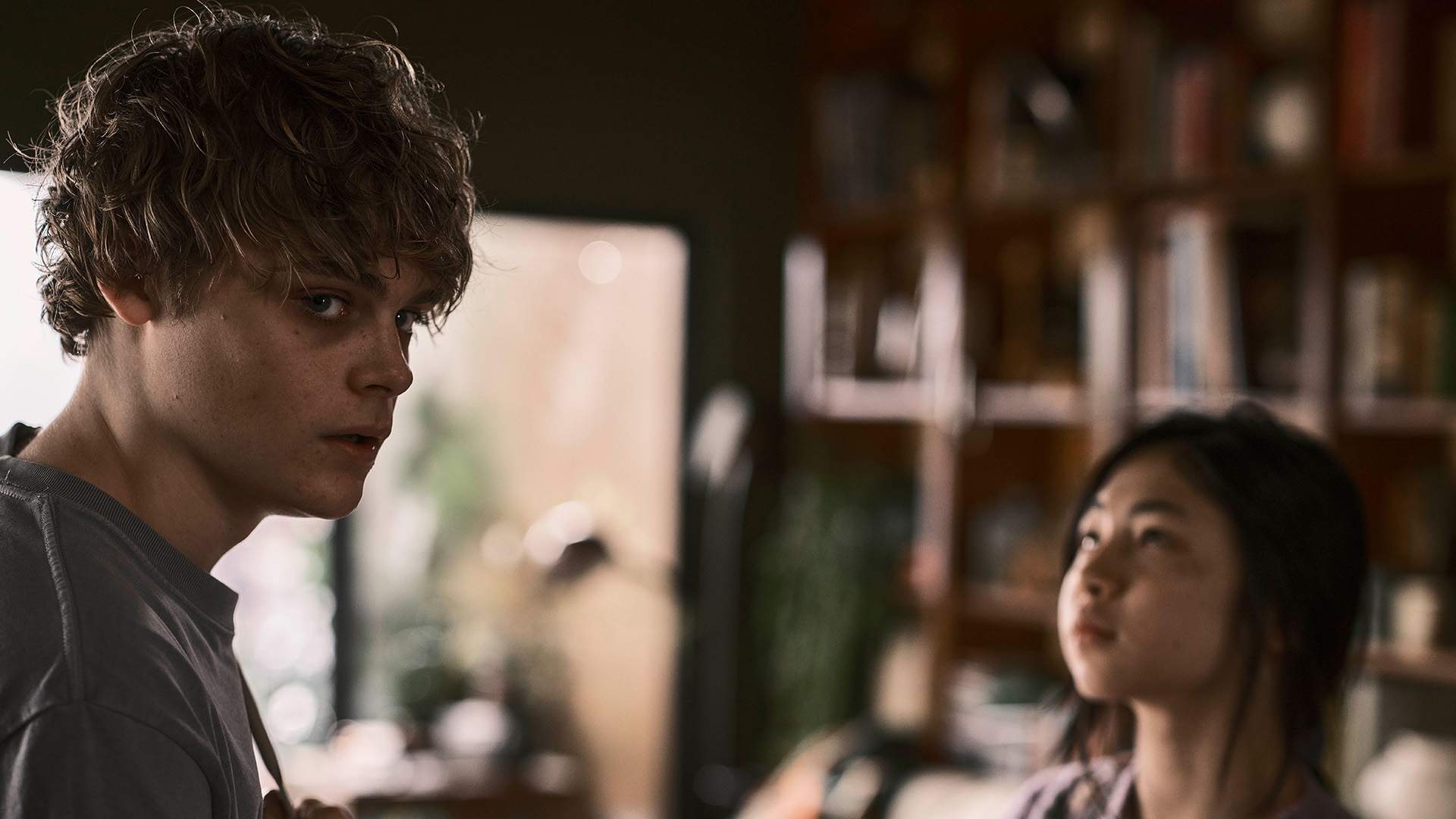
On the Key Aim When It Comes to Putting a Strong Emotional Core and Thoughtfully Written Characters at the Heart of the Philippous' Films
Michael: "For them to work as real human beings. And even, say Laura, she's not outrightly evil — she's driven to madness from grief. It's swallowed her. So it's the world that has made it this way, and she was unable to let go, and what does that look like?
It's the spiral. It's a lot about what the circle represents as well. So it's those things that, hopefully, you can empathise with certain characters — even if you don't agree with what they're doing, you understand why they're doing it."

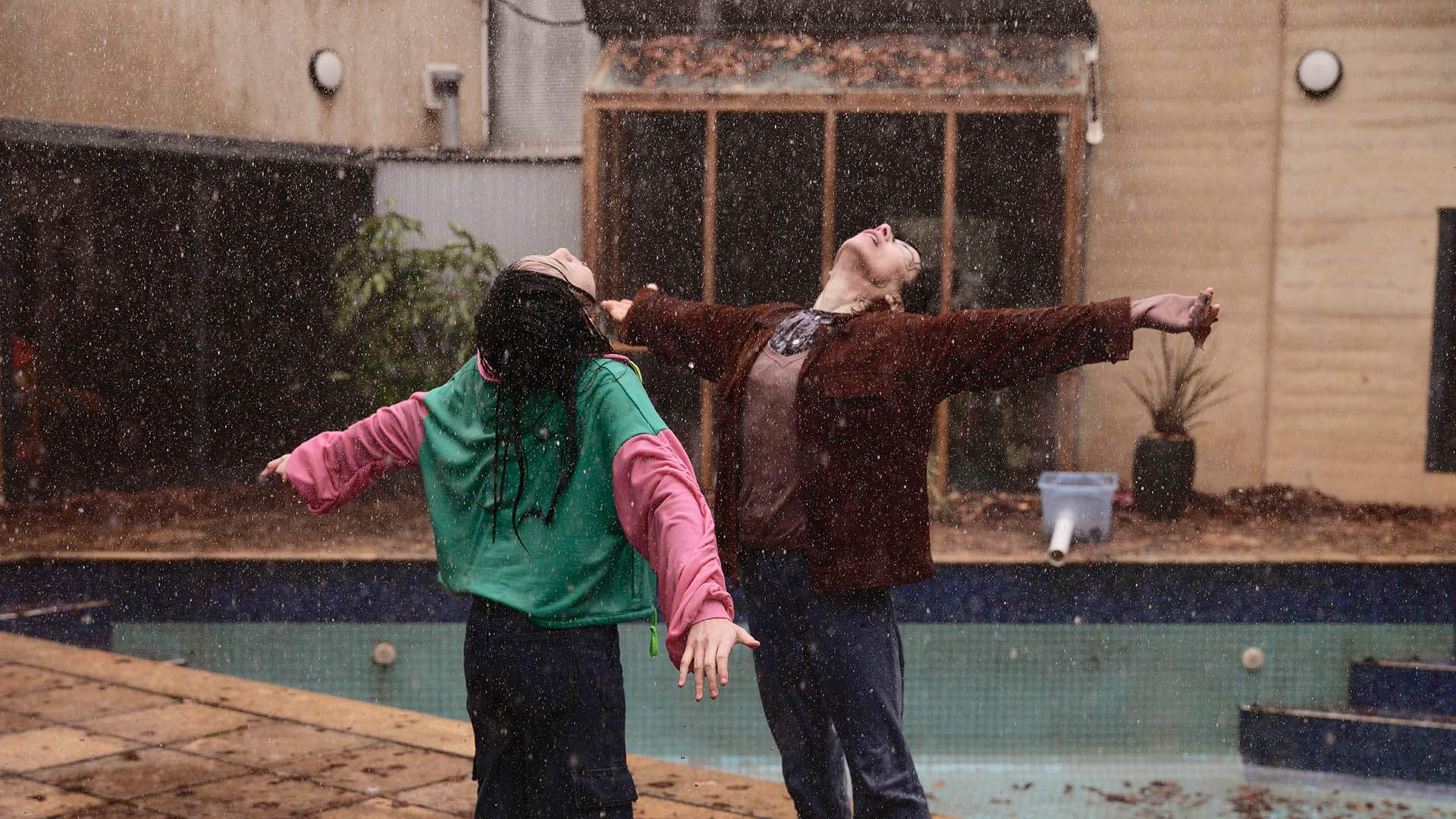
On Making Another Firmly Australian Horror Movie, and Doing So at Home, After All of the Offers That Came Following Talk to Me
Danny: "There's something that just felt right about it. And we had so many offers, like dozens and dozens. And the budgets were mind-blowing. And the idea of doing it was so, it felt — yeah, that just seems so impossible to even to be offered that.
But it didn't feel right. It didn't feel natural. And it didn't feel real. This feels real. This feels personal. And this is a proper expression — and we have full control over these characters and this narrative.
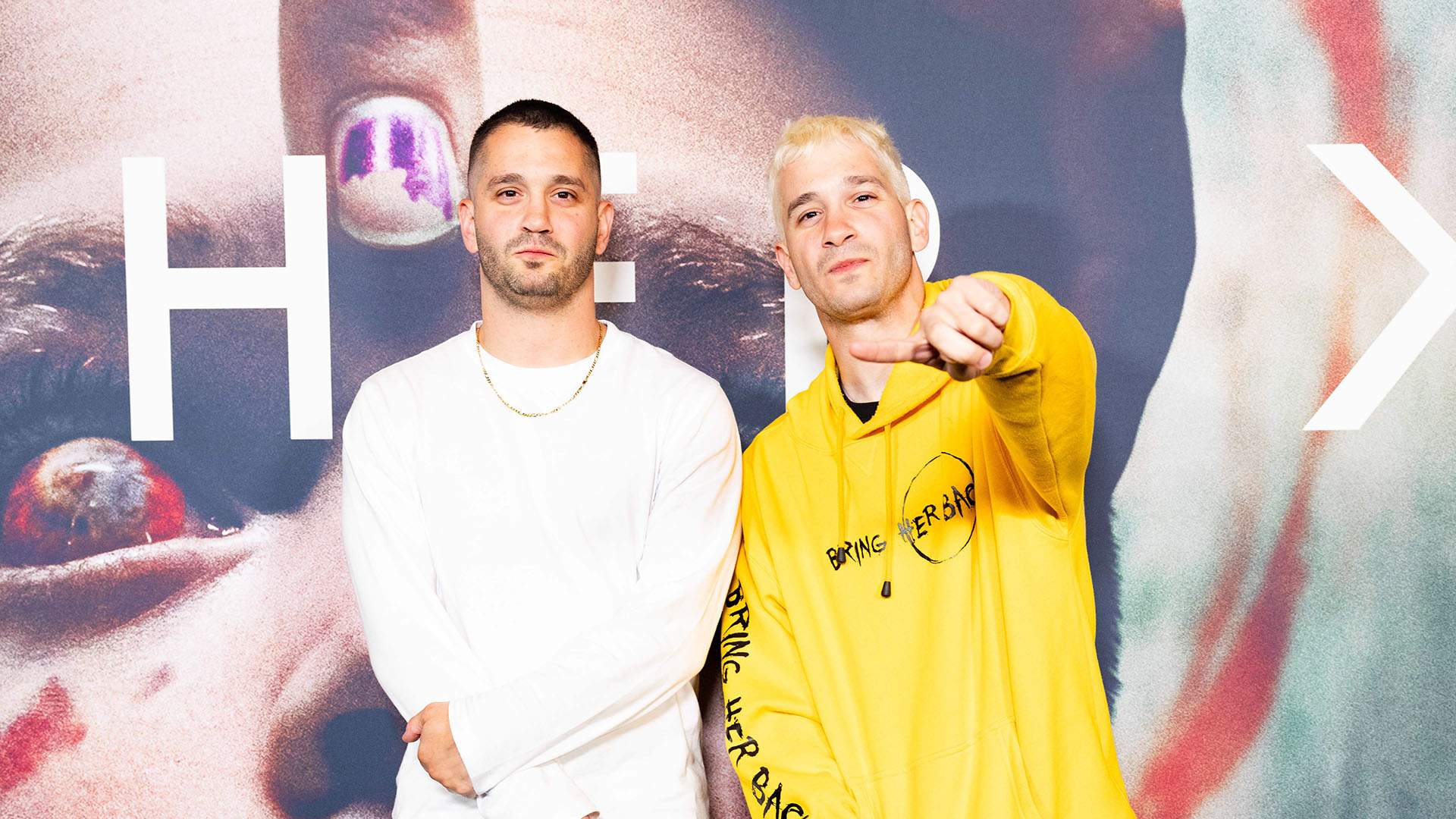
Scott Ehler
And A24 is a studio that allows us to go wherever we want with the script and with the edit. And they're not sitting there — it's not filmmaking by committee. It's filmmaker-driven.
So it just feels like — it just felt right."

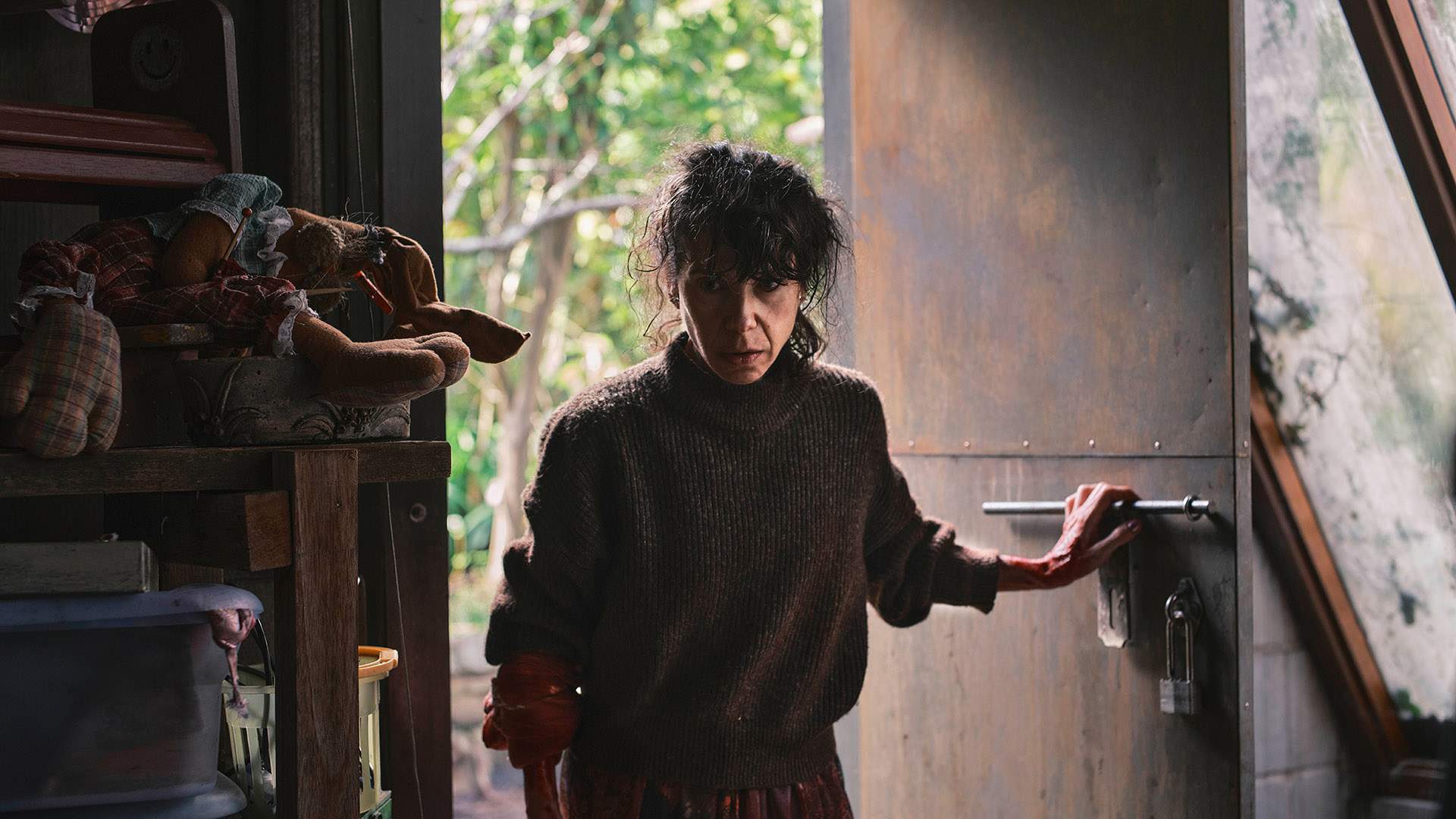
On the Pitch to Get Two-Time Oscar Nominee Sally Hawkins Onboard
Michael: "She was the first person on our list, and we were thinking 'there's no fucking way Sally Hawkins is going to say yes to working with us'. But we sent them the script, we sent her people the script. And she read it, and we heard back and she said that she loved it, and wanted to jump on a zoom. And we had one meeting with her.
And I was kind of afraid with the big Hollywood name, of an ego or something. I don't know, I don't know what I was picturing. But when we spoke to her, she's so down to earth. So amazing.
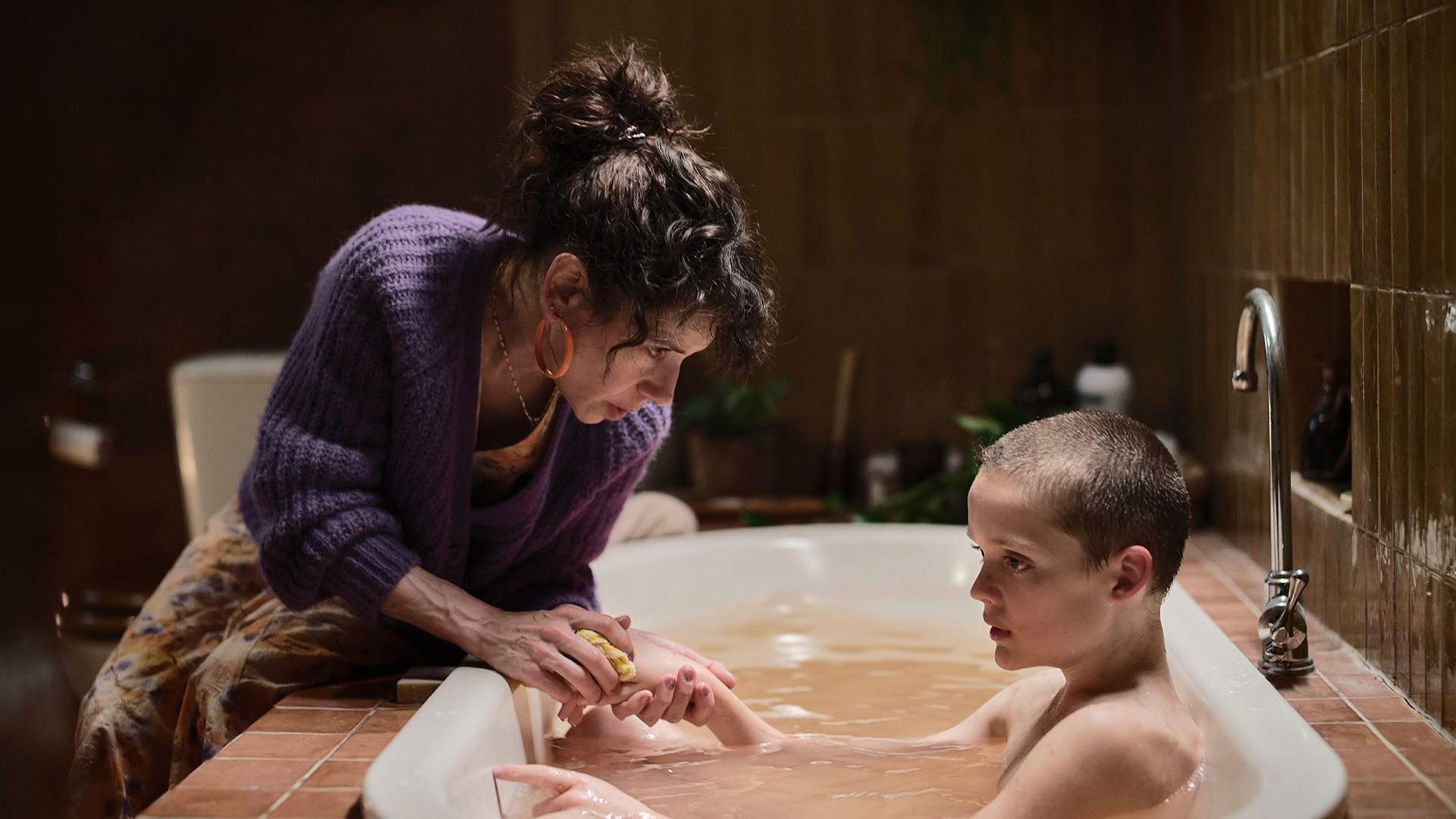
She understood all the nuances in the script that no one else had, and she connected with it not because it was a horror film, but from a character point of view. She really understood Laura.
And she was a bit intimidated by playing her as well. I don't know if she was wondering whether she could pull it off.
But so, that was the first person that we reached out to, and it was who we got, which was incredible. And she blew everyone away. She's amazing."

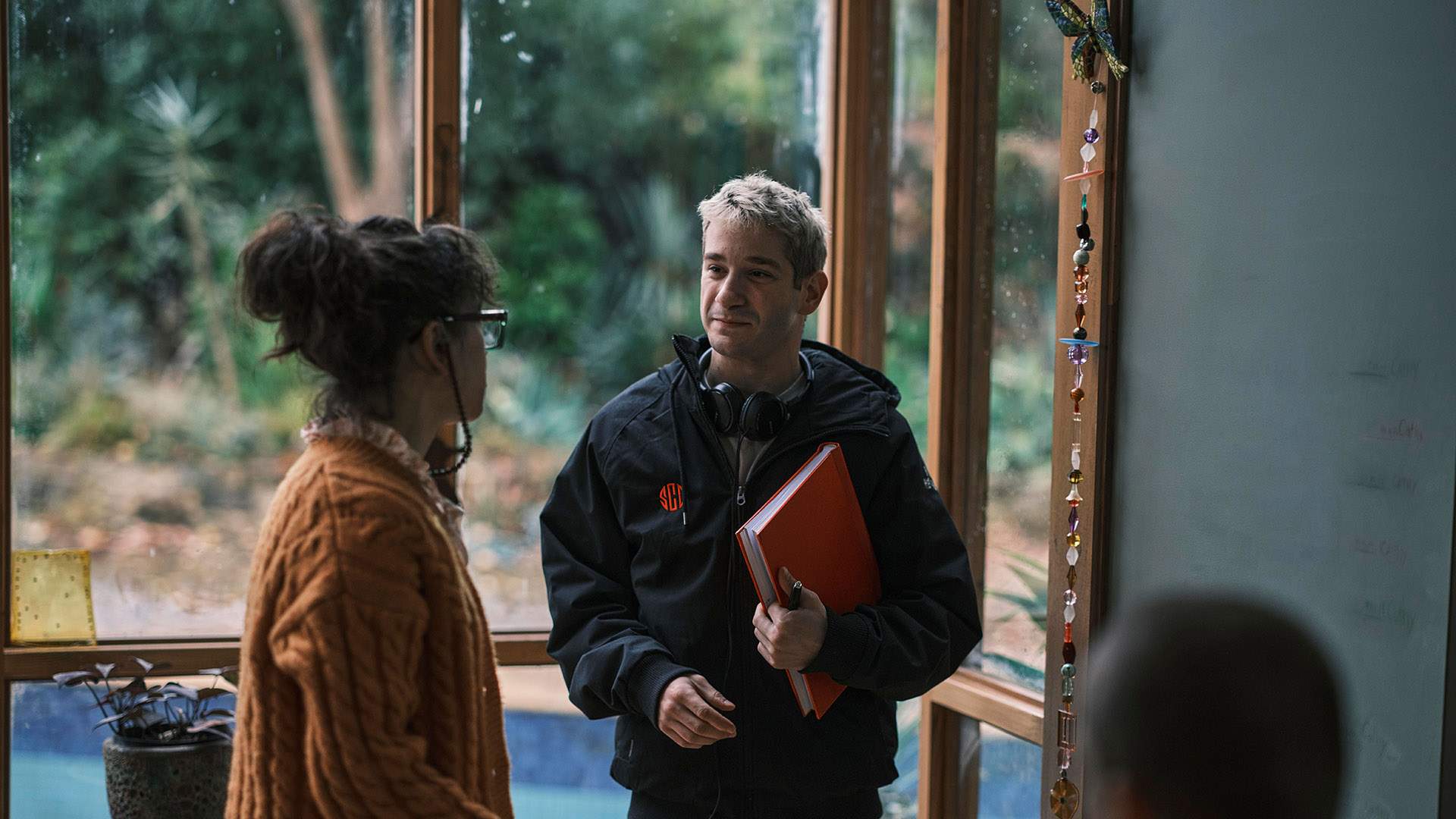
On What a Performance Like Hawkins', Including in Such a Complicated Part, Gives You as a Director
Danny: "It was like the biggest fear of this movie was letting Sally Hawkins down. We didn't want to, us, put together this piece of crap when she's given a part of her soul for this performance.
So that was always a thing in the back of your mind. You're like 'oh, please, we can't let Sally down. Please'."
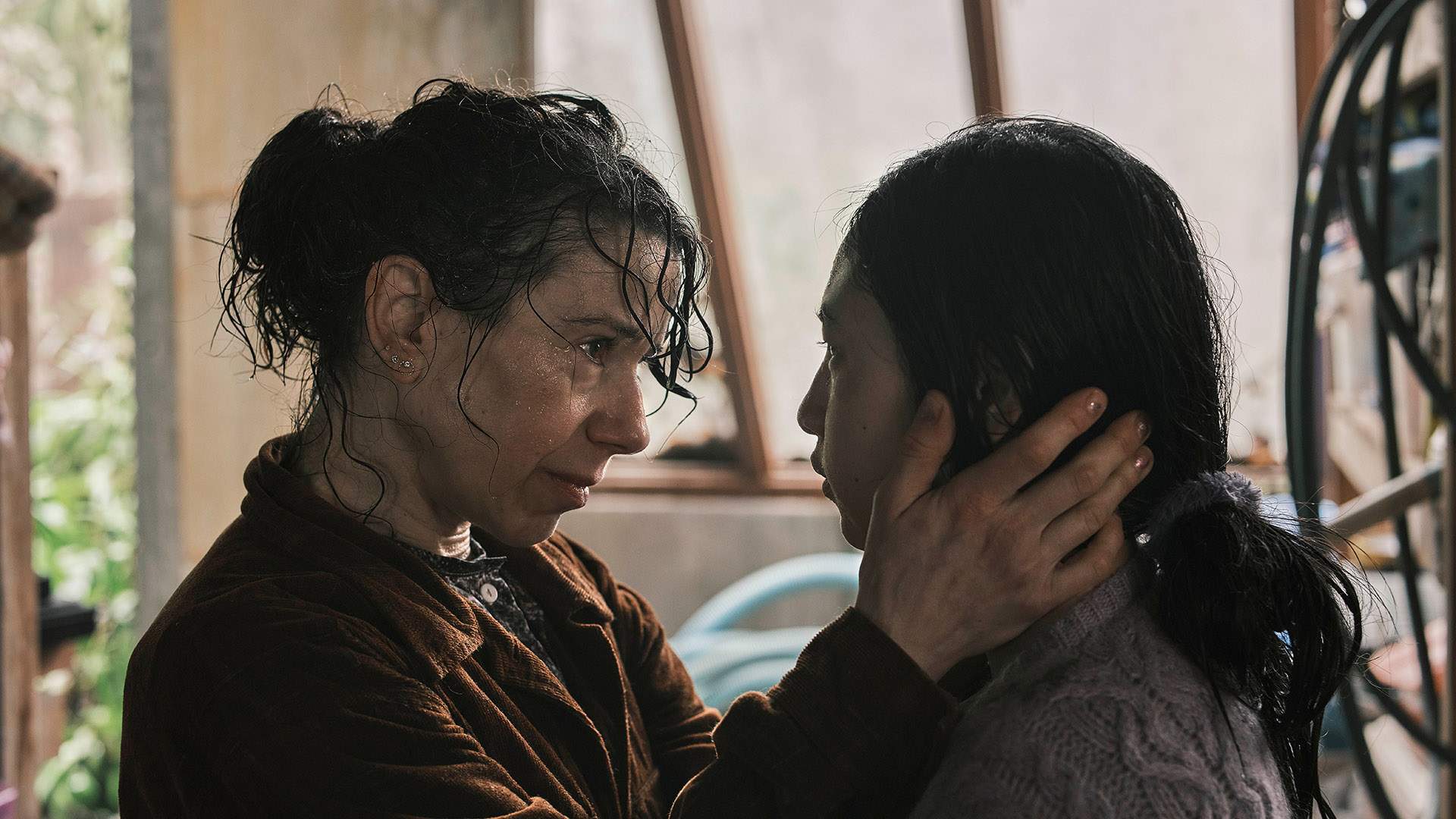
Michael: "And the film was structured to be in chronological order as much as possible. So you know these big scenes are coming, and you're so excited because you know Sally's going to go there.
So there's those scenes, and you're watching it on the monitor, and there's this magic in front of your face. It's the most-unbelievable experience.
And then you can just say little things to Sally, just one or two words, and she just understands. And she will just do another take with these subtle changes, but still in that character. It's unbelievable. It's so, so amazing to watch."

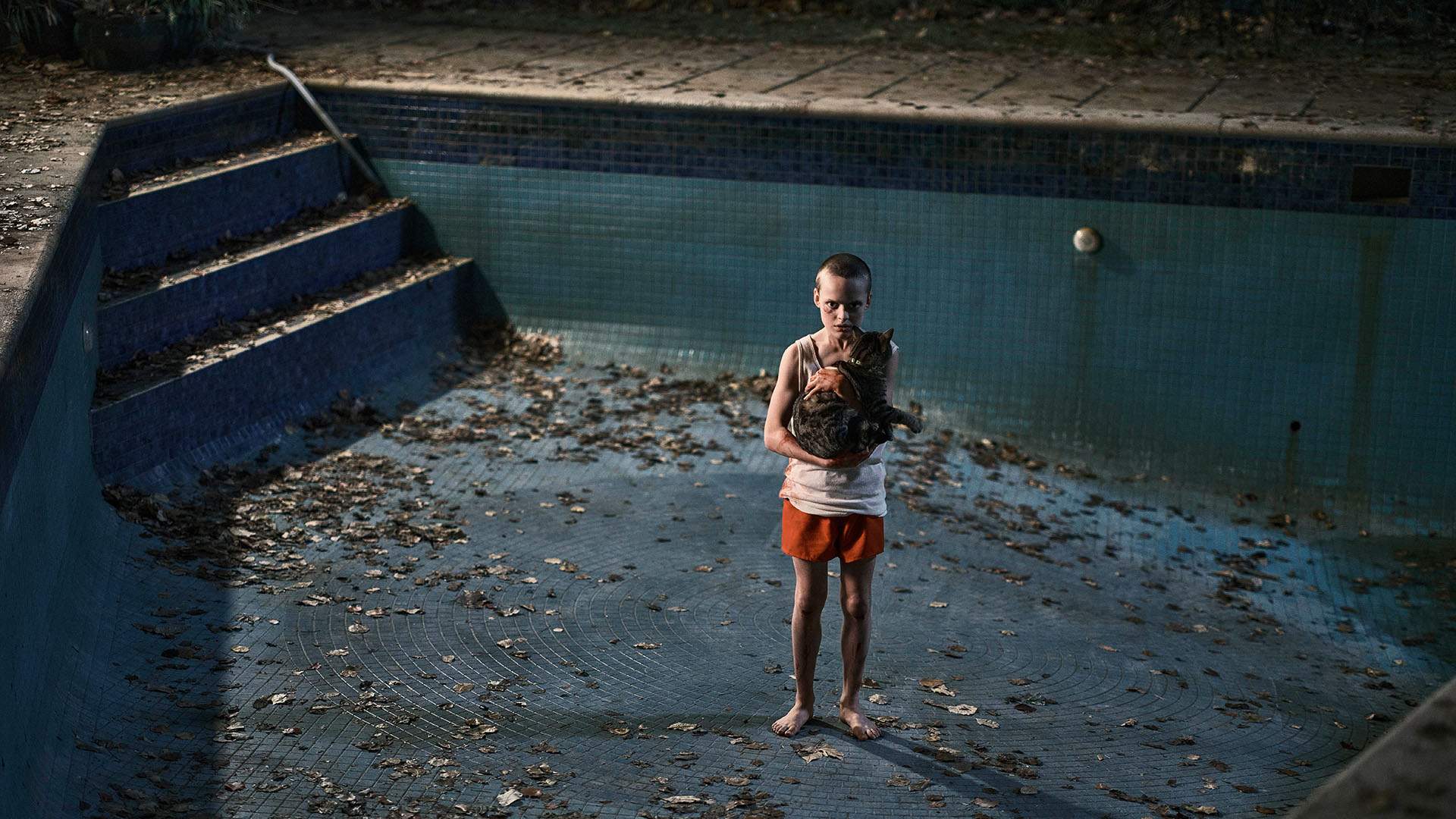
On What Inspired the Scenes in Bring Her Back That'll Ensure That Audiences Never Look at Kitchen Knives or Their Limbs in the Same Way Again
Danny: "It's just about tapping into stuff that makes you uncomfortable, especially when you're writing horror and stuff. Like metal on teeth, that is so upsetting to me, and so it's about tapping into that and writing about it, and finding a visual that surrounds that.
And then when you go back through it, it's about finding a way to tie that back into character, back into theme."
Michael: "And grief is all-consuming."
Danny: "But also, all of it represents more than just that."
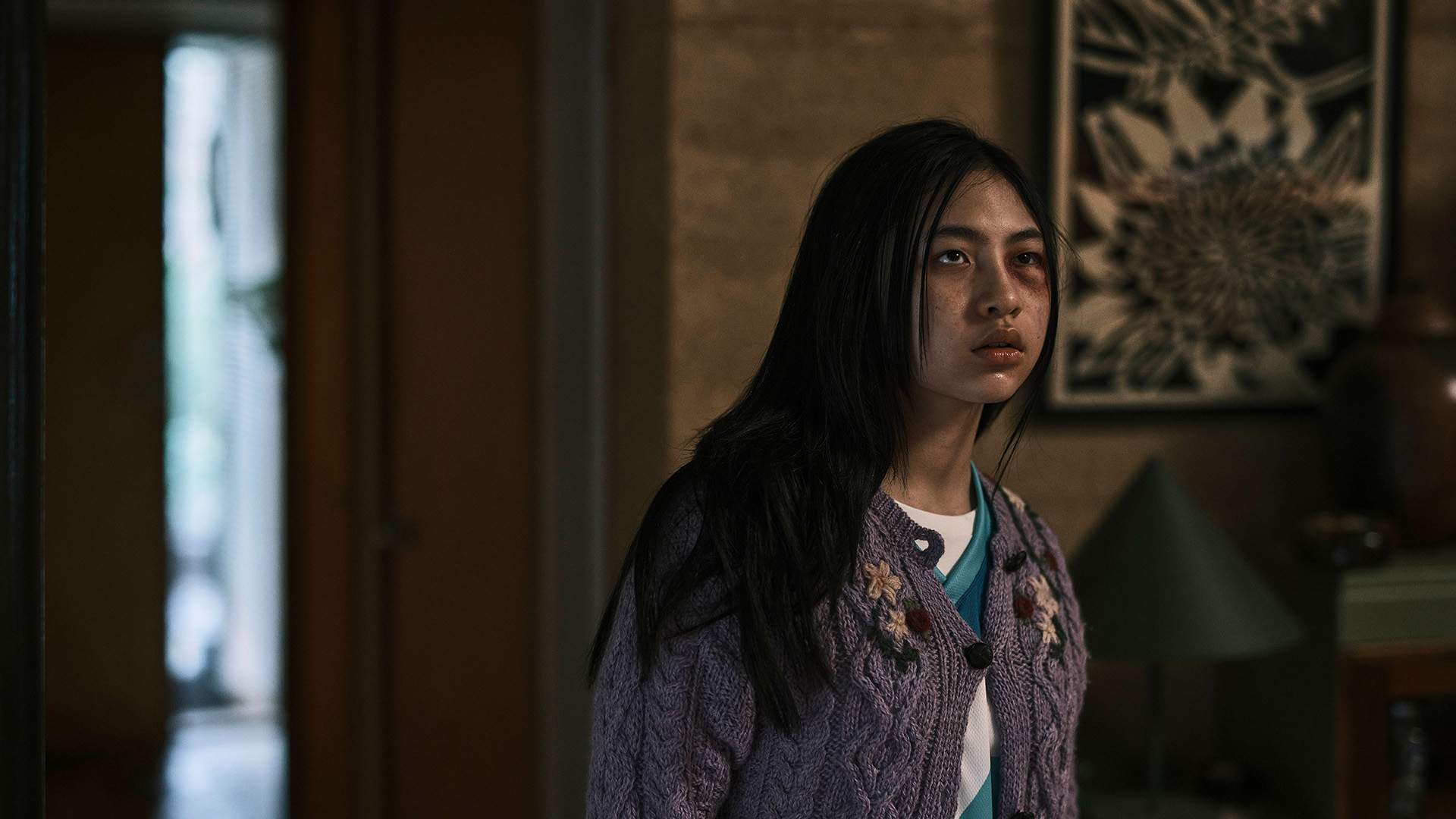
Michael: "I know, I know, but I'm saying that's one part of it. And then when you have things like that that go into those ideas, what is the physical representation of the themes and what we're talking about from a character point of view?
And those scenes, just they come — and it's one of those things. We didn't want to shy away from it, when that stuff does happen. And I don't think we did."
Danny: "I don't think we did."

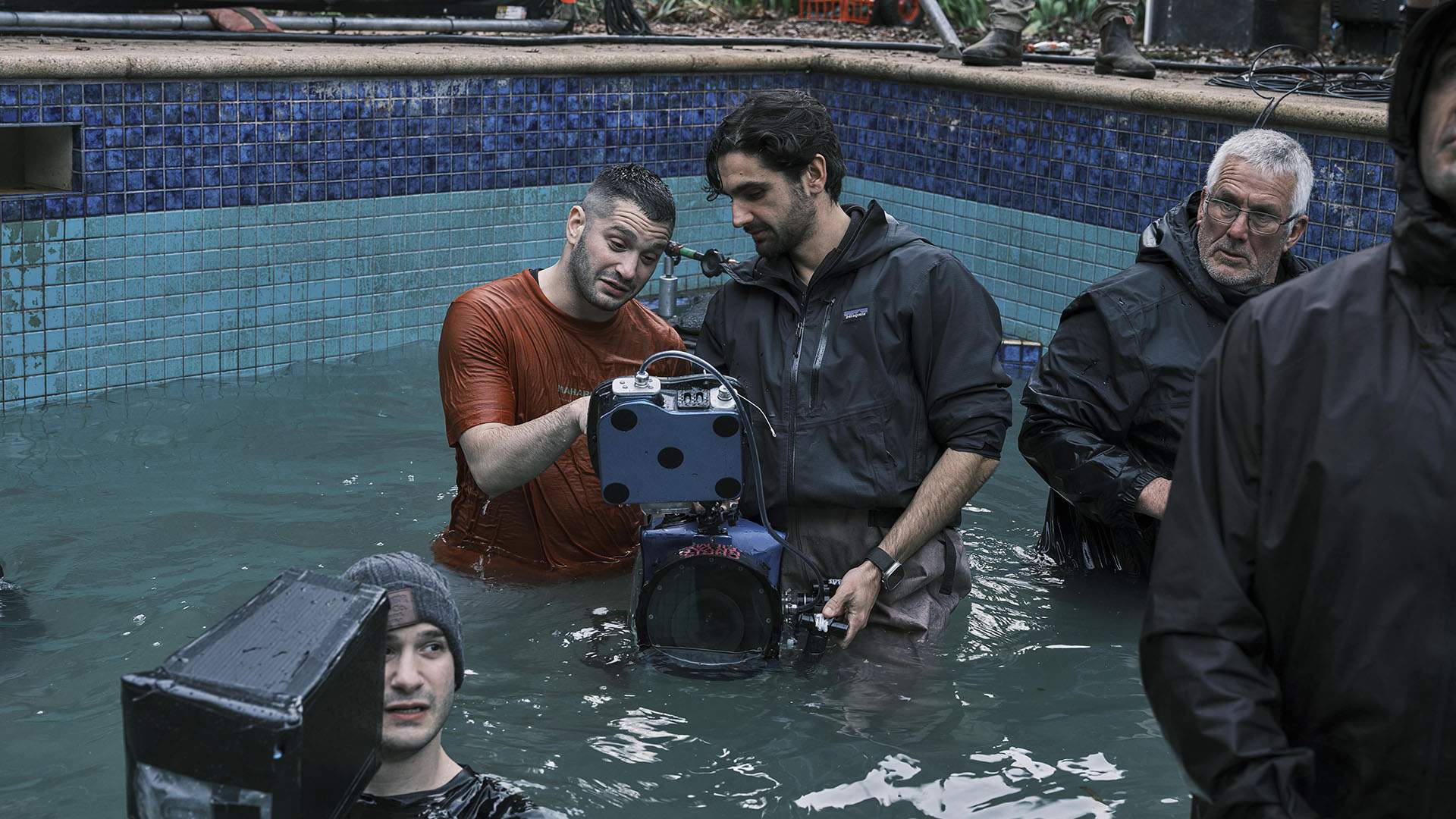
On How It Feels to Be an Example of How YouTube Can Be a Launchpad for Filmmakers to Hone Their Skills, Find Their Voice, Then Make the Leap Into Features
Danny: "Just so proud, because filmmakers or storytellers can exist in all platforms and can come from anywhere. They could be — like the future Steven Spielberg, he could be there, or she could be there, right now, just only having access to their phone, and that doesn't make them any less of a storyteller.
So I like that. Even when we're in meetings now, we're really pushing creators and different people, and letting them know that this is the next gen.
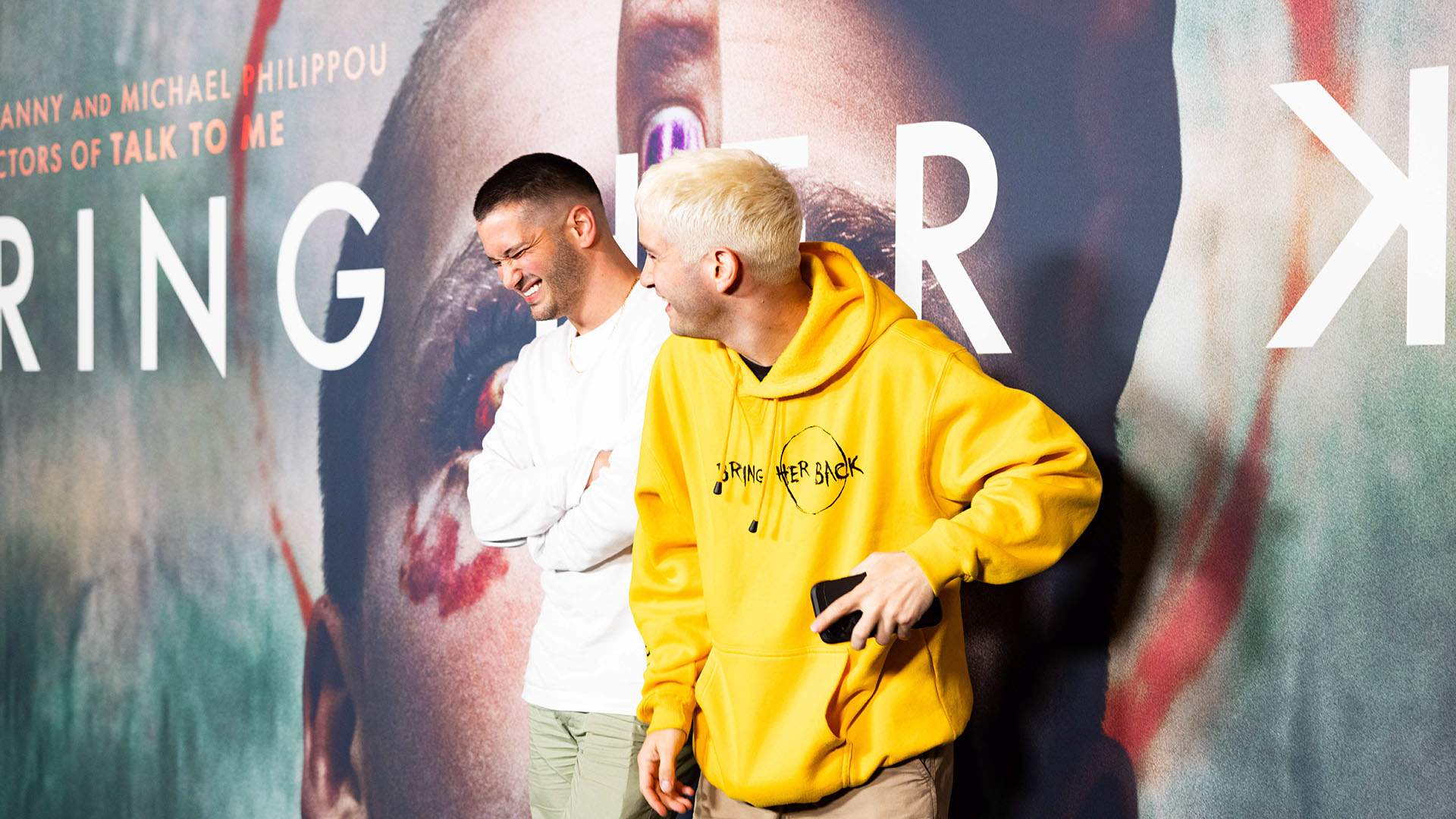
Scott Ehler
These people want to be able to express themselves, and they've got different mediums to use it. That doesn't make them any less of an artist.
Yeah, I feel very proud of that."

Bring Her Back released in cinemas Down Under on Thursday, May 29, 2025. Read our review of Talk to Me, and our interview with Danny Philippou about Talk to Me.
